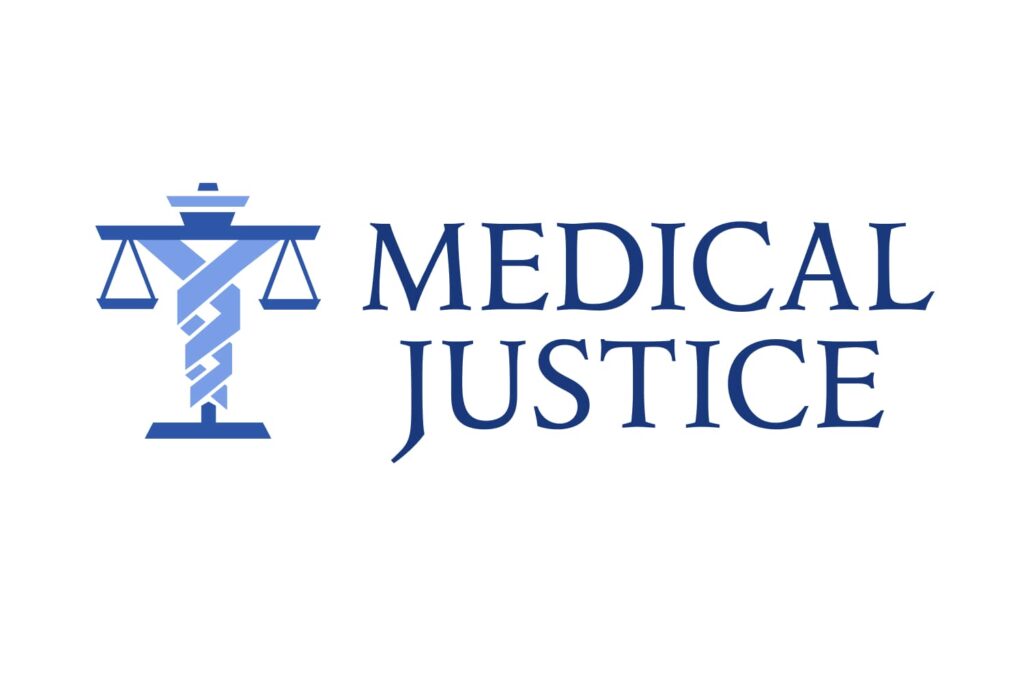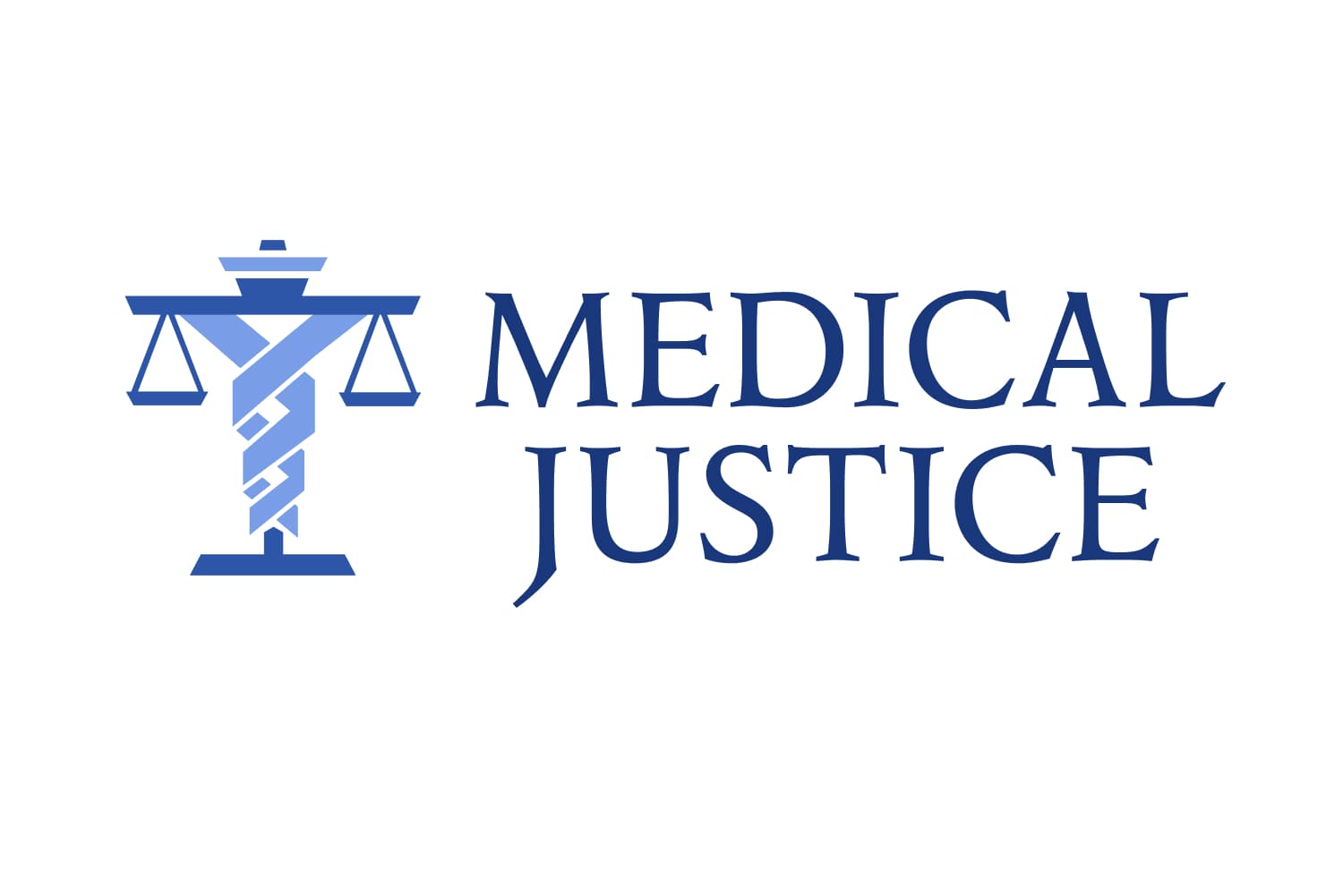Originally posted August 11, 2009
Jeff Segal, MD, JD, founder and C.E.O. of Medical Justice, was invited to debate Alan Rirpka, (of Napoli, Bern, Ripka, LLP) a medical malpractice trial lawyer, last week. Dr. Segal was the clear winner of the debate, as he accurately and deftly kept to the subject; the flawed system of medical liability that forces doctors to practice defensive medicine. Meanwhile, the trial lawyer seemed to get bogged down at a soft spot in his position, and there he remained, wheels spinning pointlessly. (We could probably be more diplomatic, but why sugar-coat it?) We here at Medical Justice couldn’t be more proud of Dr. Segal!
What follows is a transcript of the debate. We look forward to hearing your thoughts.
LOU DOBBS TONIGHT
Aired August 6, 2009 at 7:00 p.m. ET on CNN:
LOU DOBBS, CNN ANCHOR: Good evening, everybody. Up next, the rising skyrocketing costs of medical malpractice, will it destroy our health care system and defensive medicine. That’s the subject of our “Face Off” debate tonight.
DOBBS: The Congressional Budget Office found that caps on medical malpractice lawsuits could save more than $4 billion over the next decade. Are malpractice lawsuits destroying the health care system? That is the subject of our “Face Off” debate tonight. Joining us, Dr. Jeffrey Segal — he’s founder and CEO of Medical Justice — and Alan Ripka, a medical malpractice attorney. Good to have you both with us.
DOBBS: In numbers medical malpractice and if we — let’s show these numbers — medical malpractice
claims and insurance premiums make up just about one percent of total health care costs but the AMA
estimates that so-called defensive medicine, a direct result of those malpractice lawsuits costing us $151 billion. Let me start, if I may, with you, Dr. Segal. What’s your reaction?
DR. JEFFREY SEGAL, CEO, MEDICAL JUSTICE: My reaction is that number, 150 billion, may actually be an underestimate. I can tell you that next year, 50,000 doctors will receive a letter stating, hey, look, you’ve been sued. Once you’ve been sued, that will change the doctor’s behavior from then on.
And what is the cost? The cost is anywhere between 100 to $200 billion of unnecessary tests just to keep the doctor from sitting in a witness chair ever again. That amount of money would allow us to purchase a health insurance policy for every uninsured American, pay for health information technology, and have some change leftover.
DOBBS: All right, Alan Ripka, your thoughts.
ALAN RIPKA, MEDICAL MALPRACTICE ATTORNEY: I completely disagree. When we talk about defensive medicine, we’re talking about saving lives. They’re calling it defensive medicine, but what it really is, is doing the appropriate tests so that doctors and nurses and health care providers could be checking on all the possibilities that may be going wrong with the patient. And they’re not going to know unless they do those tests. And the reason medical malpractice exists is because those tests aren’t done and people die. And you’re not talking about death here. You’re talking about money. And obviously lives are much more important.
DOBBS: You couldn’t quarrel with that, could you, Doctor?
SEGAL: Well, I think patient safety is really important, but most of the tests that are being done related to defensive medicine provide absolutely zero value to the patient. They keep the doctor out of the witness chair. A small amount of testing will improve the patient’s condition and a small amount of testing paradoxically will actually make the patient even worse than before you started. But by and large, defensive medicine is exactly that just…
DOBBS: May I interrupt you? Did you just say testing could make the patient worse off?
SEGAL: Exactly. Imagine sticking a needle in the patient just because you’re curious to make sure – just 1,000 percent sure that you’ve not missed anything. Once you stick a needle in the patient’s body anything can happen. The lung can drop, bleeding, infection, the list goes on and on.
DOBBS: Alan Ripka?
RIPKA: And obviously not sticking the needle into the person’s body and not drawing that blood doesn’t tell you whether or not the person has an infection or has a disease or something that would be detected in a lab or blood test, so where are you going with that? You’re allowing someone to die so you don’t have to pay for the blood test?
SEGAL: I would never argue let’s allow someone to die, but here we can deal with facts. For example, if a person has a minor head injury, they lose consciousness, go to the emergency room, every doctor will order a CT scan. We now know we can ask five basic questions to make sure the patient does not go home with a blood clot in the head. But today, in this country, every E.R. physician will scan every patient that comes through. In fact, one E.R. doc said “I will scan people until they glow if it keeps me out of a jury — in front of a jury.”
DOBBS: Well, that issue then become, the cost of defensive medicine, it sounds like there are a host of issues.
I was talking with a doctor in Houston recently on the air who said that doctors right now are really getting out of the art of examination because they are forced — forced defensive medicine, to run so many tests that they’re not carry ought examinations properly. What do you think of that? Alan first.
RIPKA: I think first of all, it shouldn’t be called “defensive medicine.” It should be called “appropriate medicine.” And with these doctors who are being sued, they’ve deemed it defensive medicine to put a stigma on it.
Doing a lot of tests to determine something is not necessarily inappropriate. Deciding which ones are
appropriate and which ones are not are left for the medical community. And they’re the ones who make
those determinations.
And if they’ve determined that not doing a certain test is OK, they’ve caused the problem in not diagnosing the issue to begin with.
DOBBS: Doctor?
SEGAL: Well, right today, a legislation is being proposed — we’re a member of an organization called Center for Health Transformation, and last week, we heard of legislation being proposed today where physicians would be held to be immune, given a safe harbor, if they followed practice guidelines, if they followed appropriate best practices.
And the question is, would plaintiffs’ attorneys get behind that? If a doctor —
DOBBS: Would you, Alan?
RIPKA: Well right now, in every court of law that I practiced in, and I’ve tried medical malpractice cases regularly. If a doctor does not, what they call, “depart, from the appropriate standard of care, and the jury determines that, he or she is not responsible. So it’s not about us lawyers getting on board with that. The courts…
DOBBS: There’s one lawyer who says absolutely, there will be no cap of medical malpractice suits when, as we’ve been examining here on this broadcast, in every country that we have examined, and particularly in Europe, where there is universal health care, where there is a national health care system, there’s no – there’s no role for medical malpractice lawsuits. In those countries where there is, it’s minimal.
What’s your reaction to that, gentlemen?
SEGAL: I would say that is the one thing we can emulate from other countries. We could adopt the British system. There’s very little to be desired in the national health service of the British system, but one thing they do right is something called lose or pay.
It means they do have a professional liability system. To the extent that a person brings a case, if they get it wrong, the loser has to pay.
DOBBS: That sounds fair — Alan Ripka?
RIPKA: Well, our system has advantages. And just because people do it other ways doesn’t mean we have to adopt those ways.
DOBBS: No. By the way, no one is suggesting anybody has to. We’re in an egalitarian operation here. I’m all about democracy. We want people to decide that.
RIPKA: In our case, what we have is because there are no caps, and let’s say in New York, for example. These doctors are on guard, as they should be. There are consequences to actions in every livelihood. And if you don’t take care of what you’re supposed to do properly, there could be a penalty. You may have to pay. And you cannot value someone’s pain and suffering, and you cannot predetermine what the costs are going to be to keep that person alive and well and taken care of.
DOBBS: Well, one would argue, could they not, Alan, that in other countries, they value a life and limb so highly that they would not attempt to put a price on it?
RIPKA: Well, they may not. But maybe in those countries they allow doctors by paying doctors, and I’m all for this, the money to do all the tests that need to be done. And maybe medical malpractice isn’t as prevalent because they’re doing at diagnosing, examining, and treating patients that are sick.
SEGAL: Whoa, whoa, wait a minute. So are you suggesting that or countries at better at patient safety than we are in the United States?
RIPKA: No. I’m simply saying that if in fact doctors are being paid for certain testing that they may not being paid for here they easily can get to the diagnosis.
DOBBS: I think you’re both ready for opening arguments in the next case. We thank you very much for being here and shedding some light and some insight into this. We appreciate it. Alan thank you very much. Doctor, thank you.
SEGAL: Thank you very much.
About Medical Justice

Medical Justice provides comprehensive support for challenges such as preventing frivolous lawsuits, addressing unwarranted refund demands, managing sham peer reviews, and safeguarding your online reputation. Our expert team assists with issues like defamatory reviews, medical board complaints, and notices of intent to sue.
We offer legal protection plans, online reputation management, and consultations for concerns that fall outside of membership coverage (such as board complaints, National Practitioner Data Bank reports, and negotiation on your behalf with patients seeking refunds), with suggested next steps to help you regain control. If you require more hands-on assistance, or if your need falls outside the scope of membership, we can often be engaged for further support. Contact us today to get started by scheduling a consultation with a member of our team.





